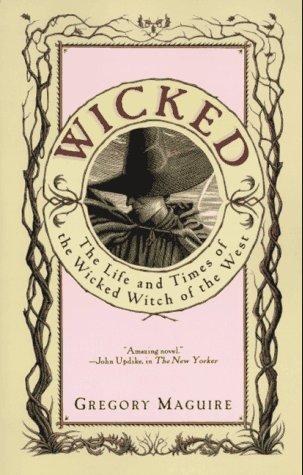IamMattFox said:I would put romance novels and science fiction on the same level.
A creative writing class I distinguished the genre fiction (fantasy, horror, romance, etc.) from the general fiction section that you'll find at your local Barnes and Noble by saying that the genre fiction is simple while the regular fiction is sophisticated. Simple fiction tends to be plot driven, while sophisticated fiction is character driven.
I agree with the comments about genre fiction, however not every science fiction book is genre fiction. Consider books like 1984, Fahrenheit 451, Snow Crash, or Slaughterhouse Five, which are generally well-regarded on a literary level.
If you only equate fantasy as being swords and sorcery, then yeah, you're going to find a lot of poor-quality genre fiction, however there are plenty of fantasy novels with the quality of sophisticated fiction. For example, I'm currently reading a pretty good fantasy novel called Kushiel's Dart that takes place in an alternative version of pre-revolutionary France in which the dominant religion is a sexually-charged offshoot sect of Christianity.
As has been mentioned in this thread if you want to read good fantasy read Erikson, Martin, or Wolfe.
I really doubt that anyone who is not already a fantasy nerd would like Erikson. I read the first two Malazan books on GAF recommendation, and found them to be pretty bad examples of what people hate about genre fiction.
On the other hand, I'm a big Martin fan. I introduced A Song of Ice & Fire to my brother and a close friend who both have English Lit degrees and normally scorn fantasy, and both of them became fans too.








